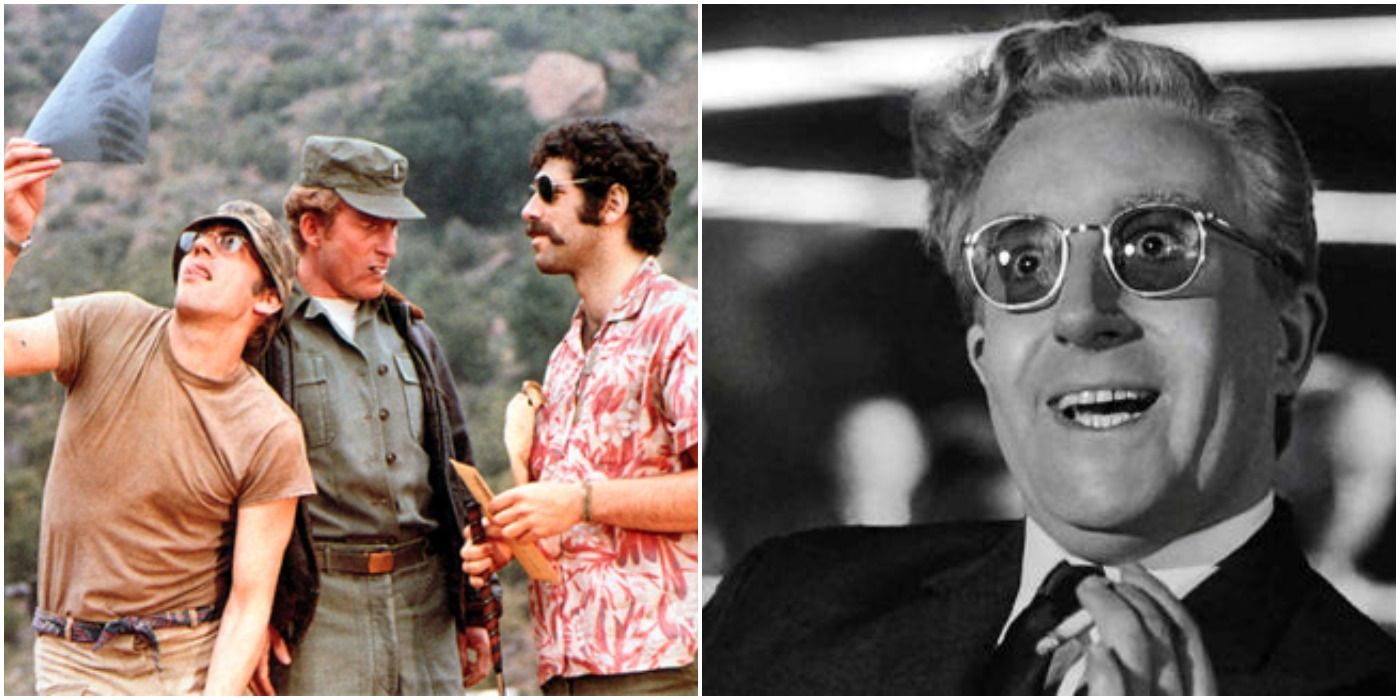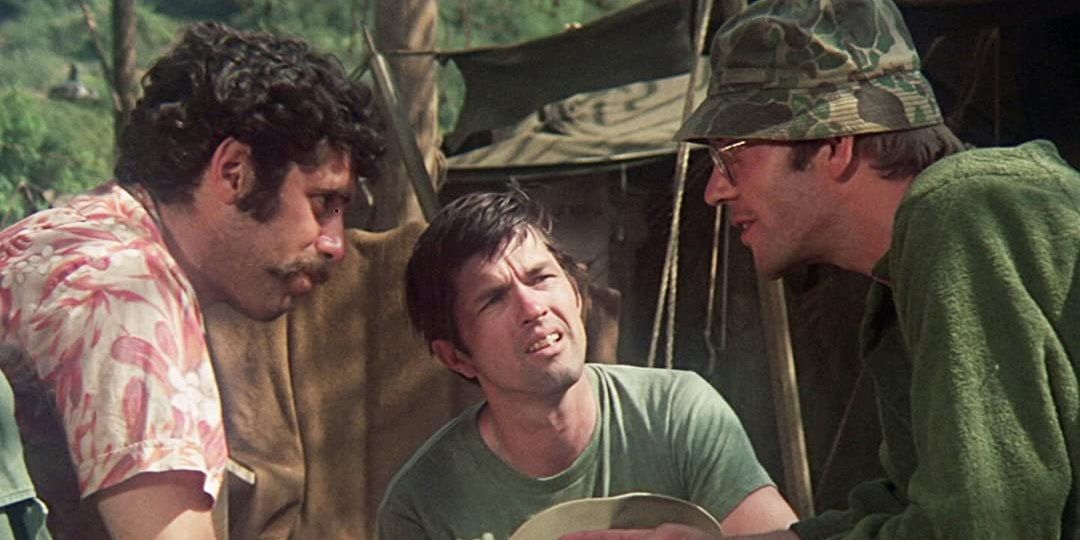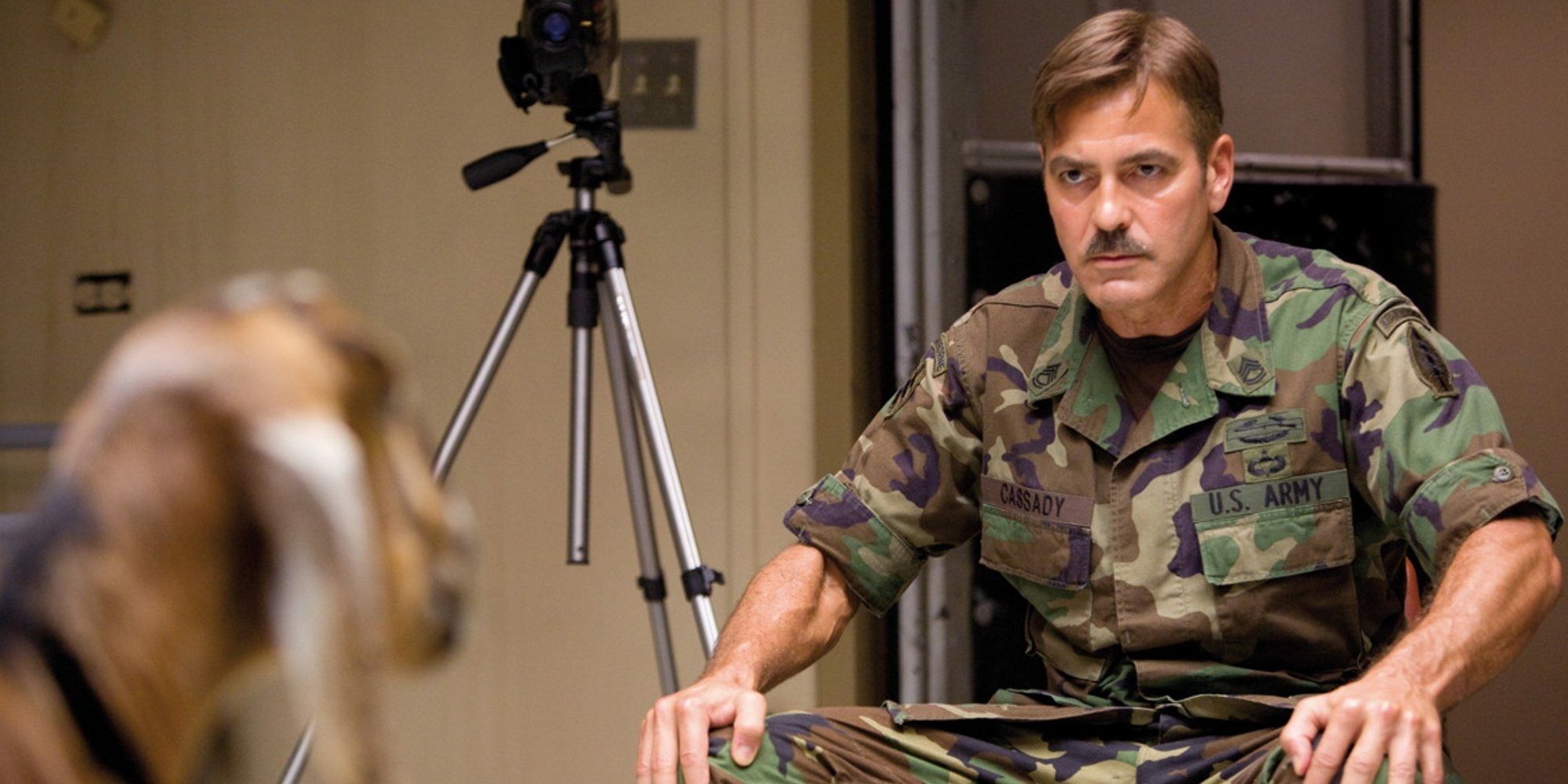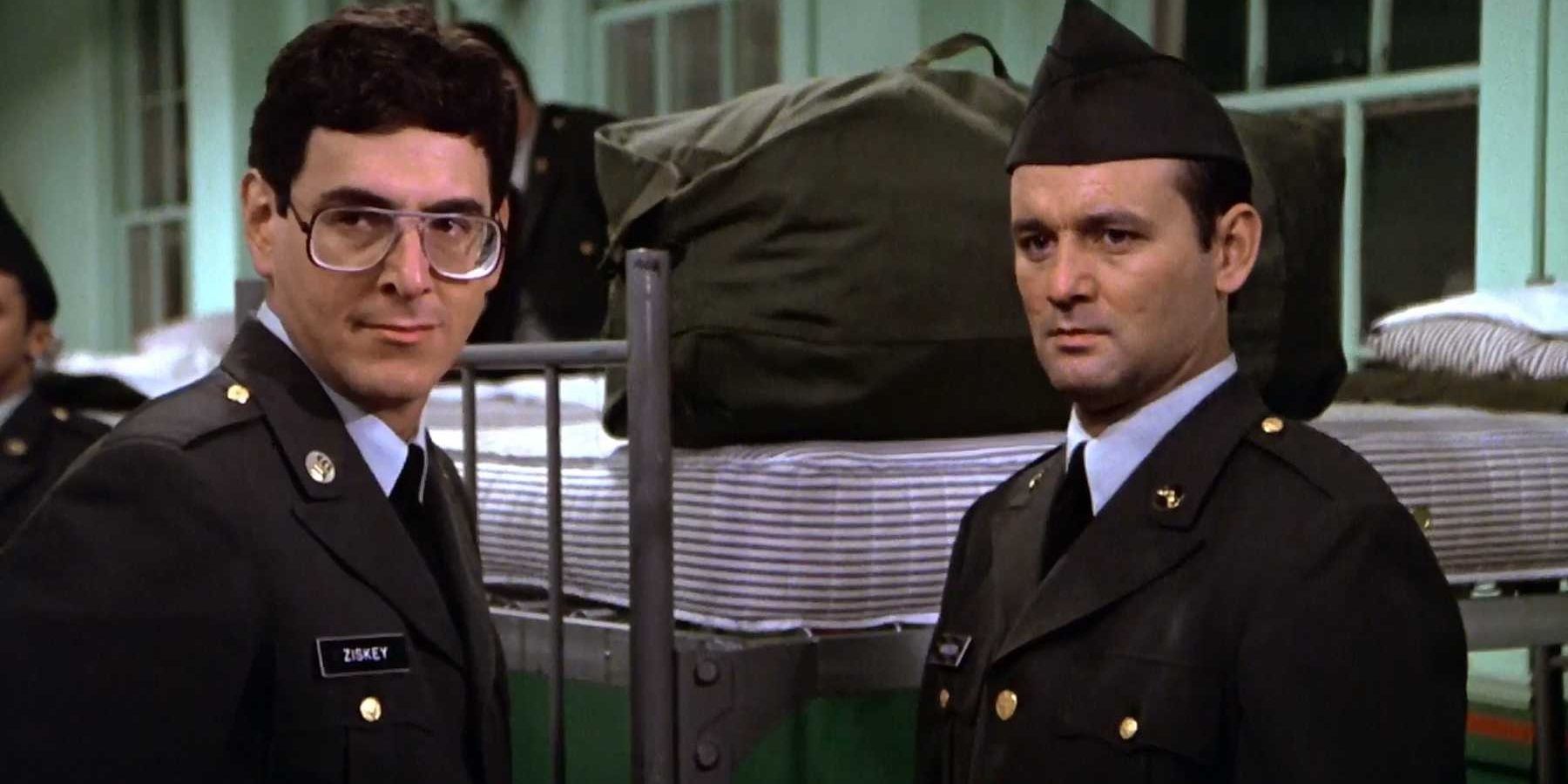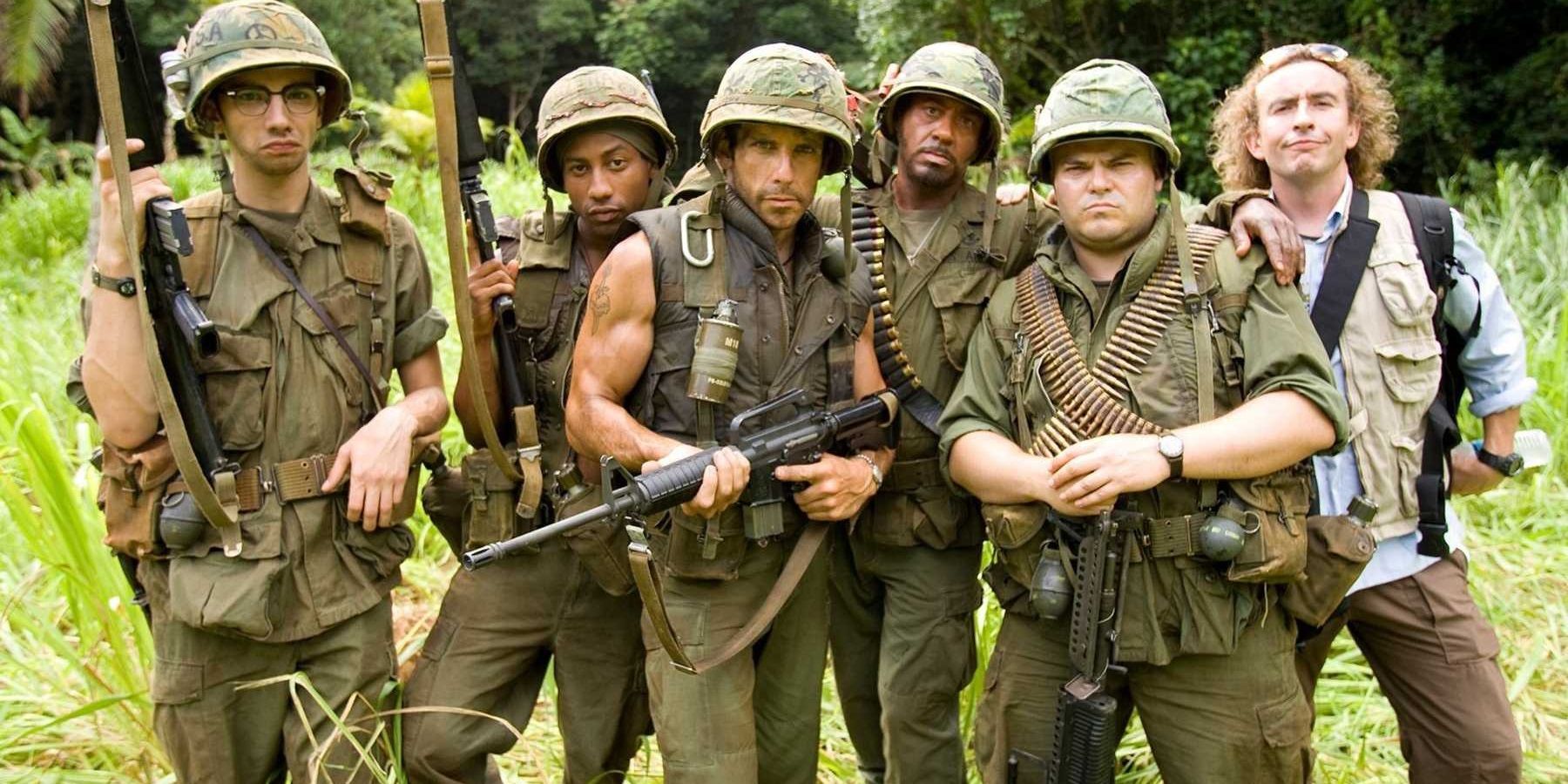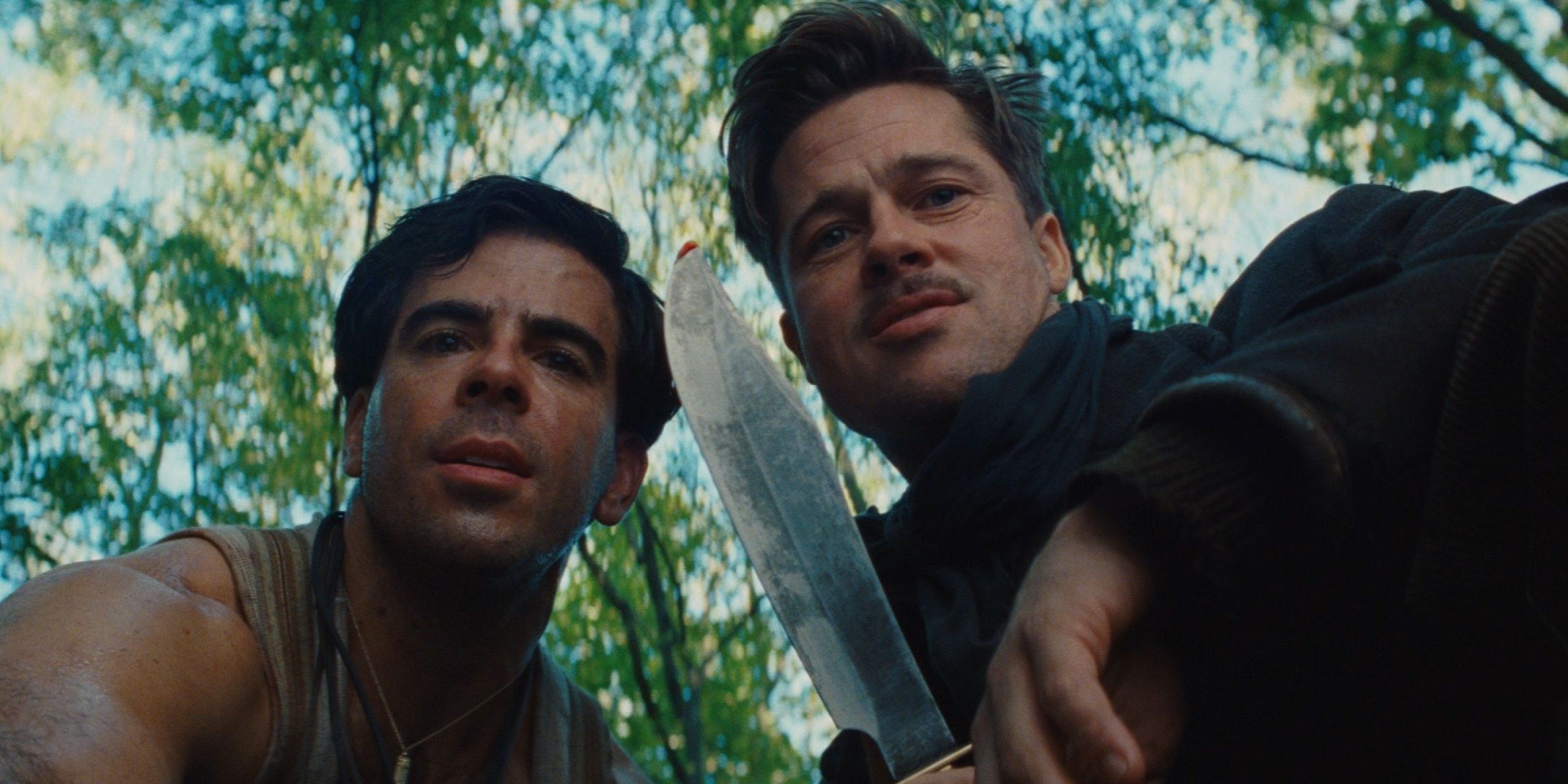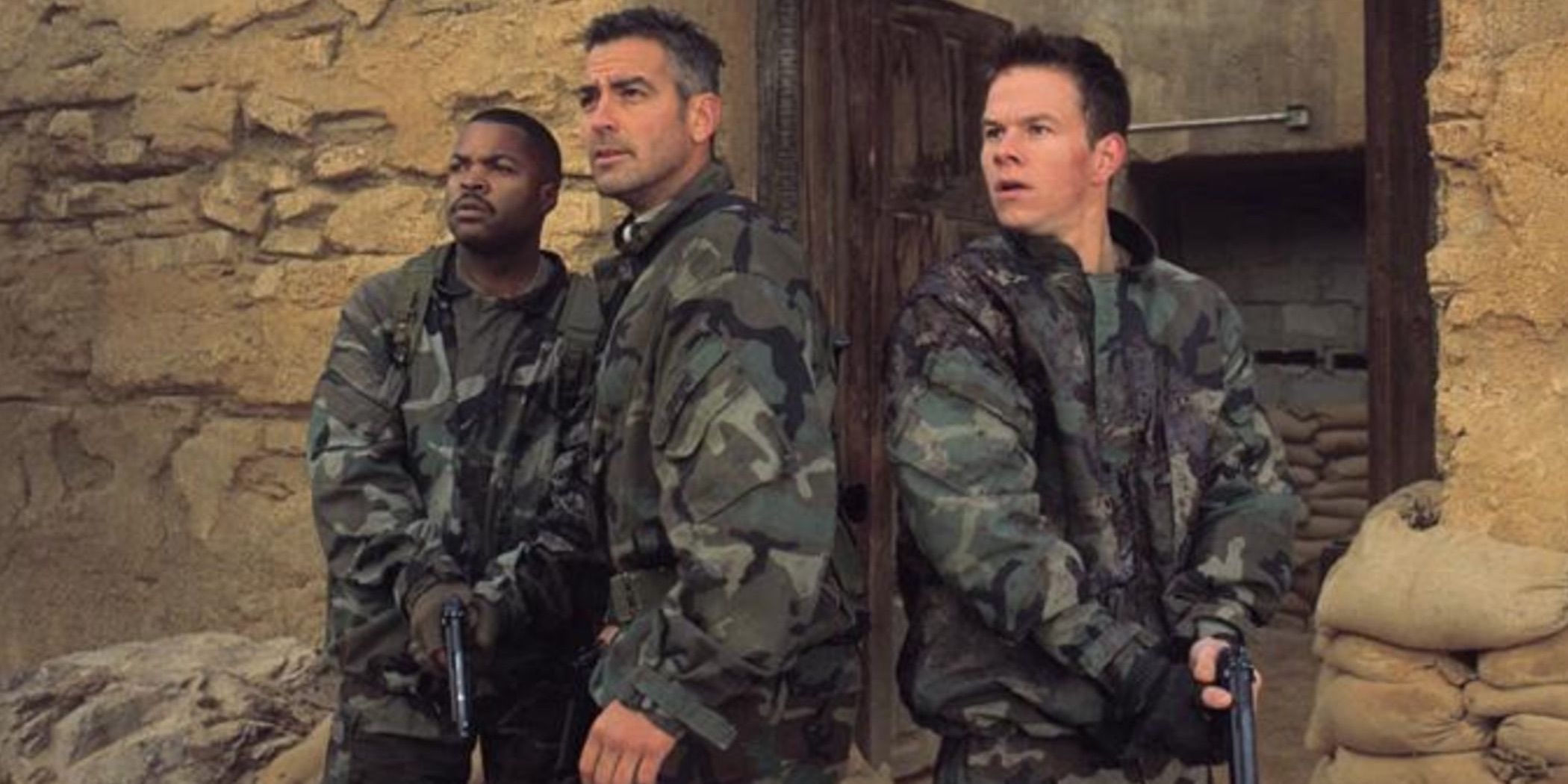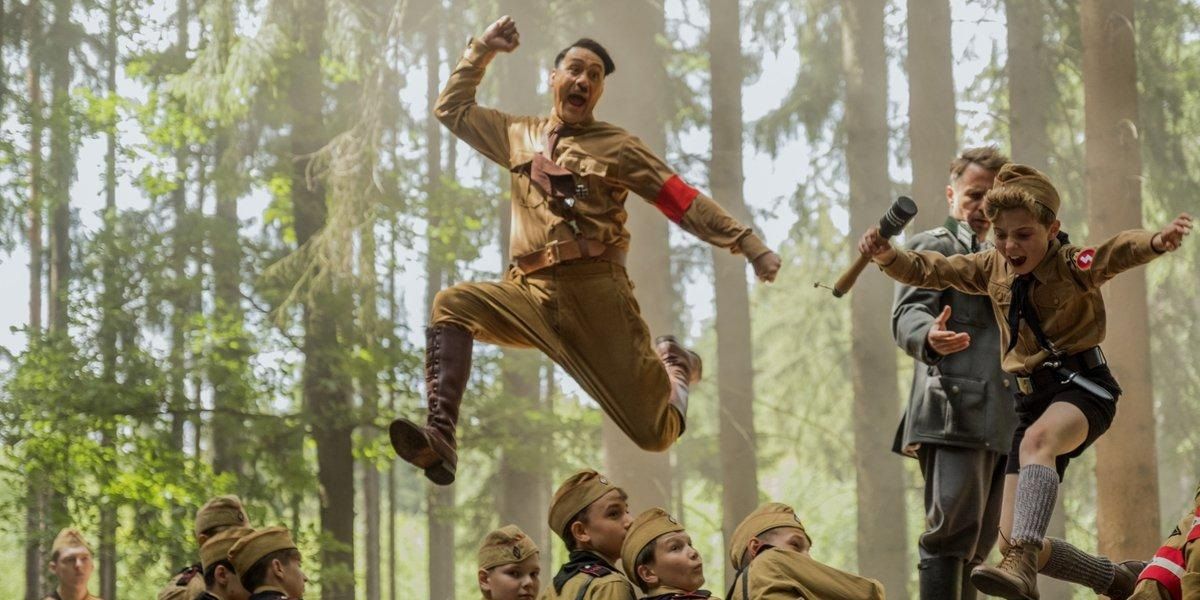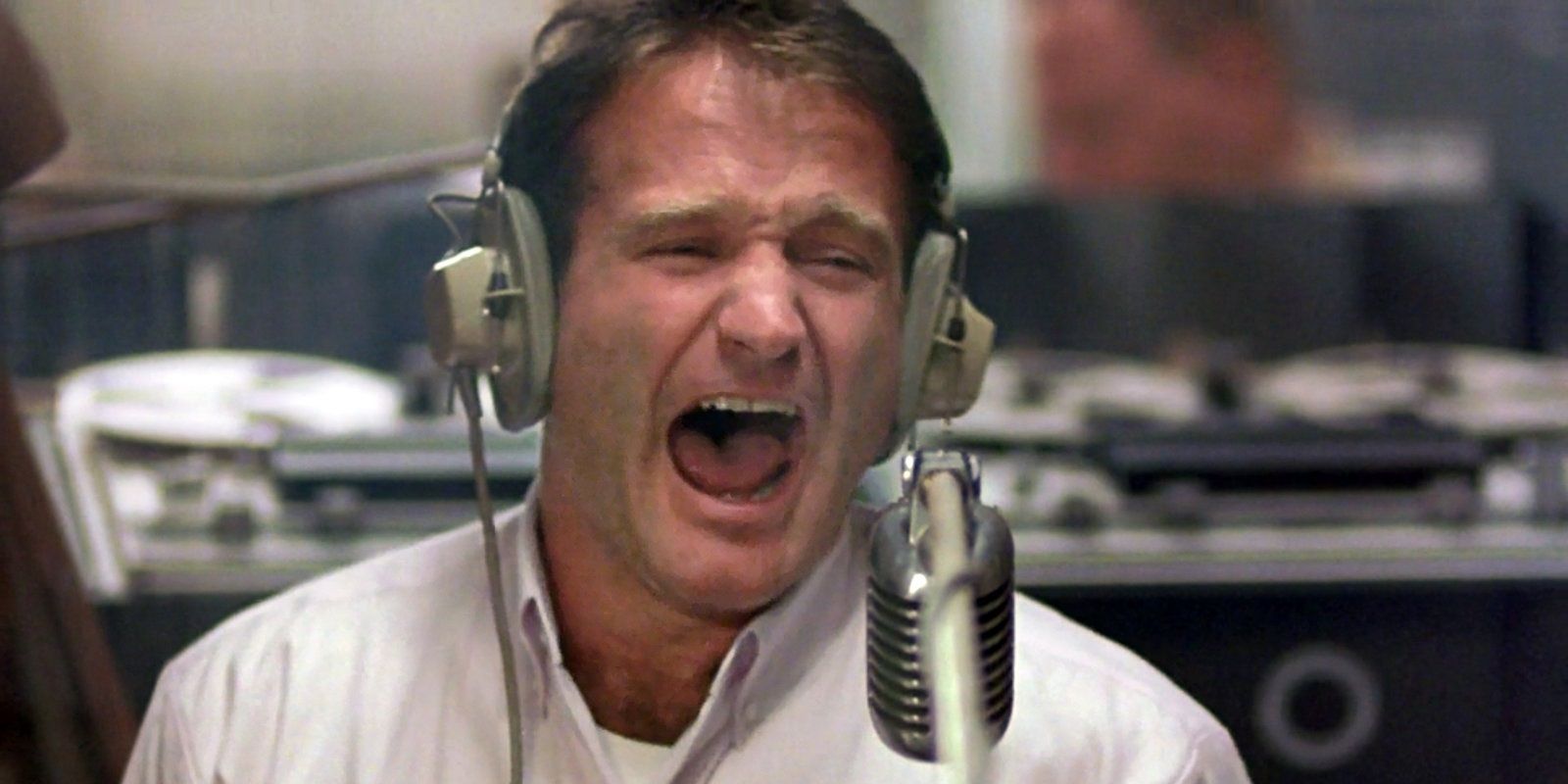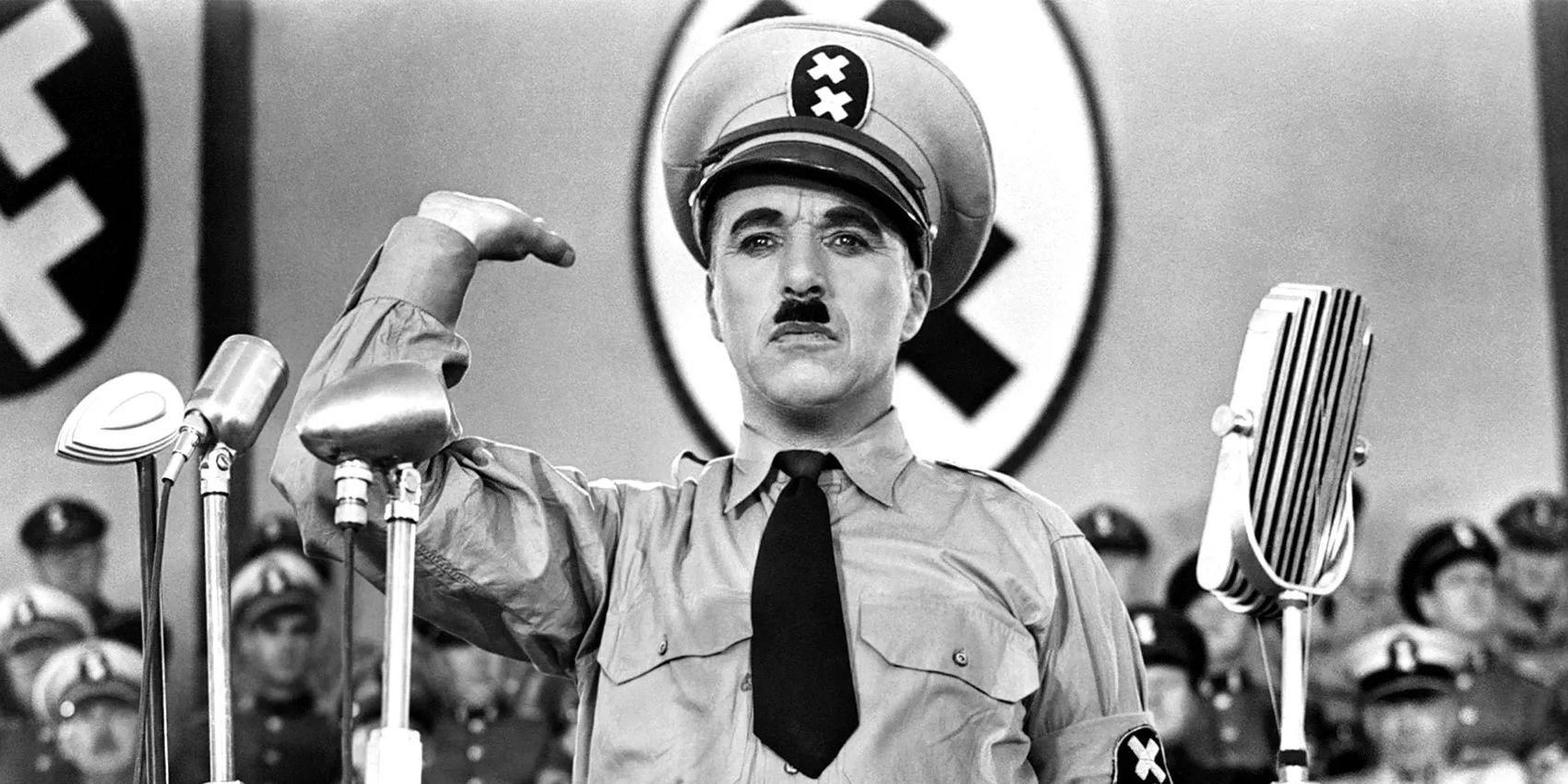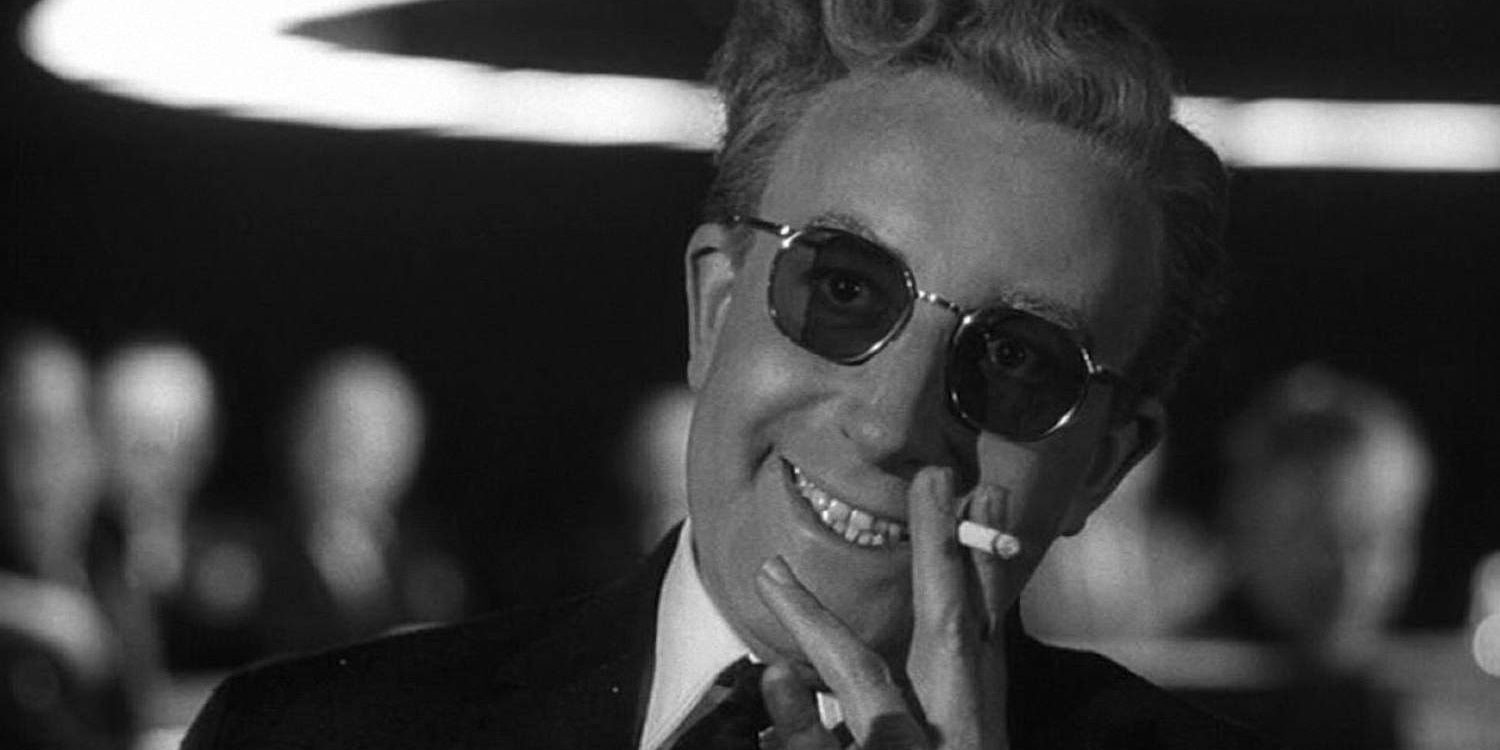War is one of the toughest subjects to turn into comedy because the reality of it is so unfathomably terrifying. But over the years, a handful of sharp storytellers have used the subject matter of war for some great satire.
Before M*A*S*H was a sitcom that went out after 11 seasons with the highest-rated series finale of all time, it was a quirky little movie about medics in the Korean War directed by the great Robert Altman, noted for its pitch-black sense of humor and colorful cast of characters. Altman’s film is one of the most successful war comedies ever made, but this tricky subgenre has plenty of gems to offer.
M*A*S*H (1970)
Robert Altman’s quirky comedy about the Korean War became one of the biggest American movies of the ‘70s. It hit the zeitgeist because Altman subtly used the Korean War setting to reflect the then-ongoing Vietnam War, which had the nation engulfed in anger and paranoia.
The ensemble cast contains such screen legends as Donald Sutherland, Elliott Gould, and Robert Duvall, and Ring Lardner Jr.’s razor-sharp script gives them plenty of juicy comic material to work with.
The Men Who Stare At Goats (2009)
Directed by George Clooney’s producing partner Grant Heslov, The Men Who Stare at Goats is a pitch-black satire fictionalizing the accounts in Jon Ronson’s nonfiction book of the same name about the U.S. military’s ill-fated attempts to weaponize psychics.
The star-studded cast includes Clooney himself (who also satirized war in Hulu’s brilliant miniseries adaptation of Catch-22), Jeff Bridges, and Ewan McGregor.
Stripes (1981)
Rumor has it that Adam McKay sold his pitch for Talladega Nights with six words: “Will Ferrell as a NASCAR driver.” Ivan Reitman’s Stripes could’ve been sold with a similarly brief logline: “Bill Murray and Harold Ramis join the U.S. Army.”
While it’s not quite as timeless and masterfully crafted as the trio’s next project, Ghostbusters, Stripes is a lot of fun. It plays like a military version of Police Academy.
Tropic Thunder (2008)
Ben Stiller’s Tropic Thunder is more of a satirical jab at the film industry than war, but war factors heavily into its lampooning of show business as a bunch of pampered actors starring in a war movie are unwittingly stranded in an actual warzone. Parallels are drawn between the negotiation tactics of warlords and the negotiation tactics of Hollywood talent agents.
Stiller was inspired to make the movie by memories of his parents’ actor friends who would return from shooting a war movie with the attitude of a real soldier returning from a real war.
Inglourious Basterds (2009)
Quentin Tarantino has said that while his movies all have plenty of humor, he considers them to be dramas as opposed to comedies. Either way, they have enough laughs to satisfy as comedies in addition to functioning as dramas. The director’s World War II epic Inglourious Basterds — his stab at a Dirty Dozen-style guys-on-a-mission actioner — is wrought with suspense, courtesy of its sinister villain, S.S. Colonel Hans Landa.
But it also has plenty of hilarious moments, from its cartoonish portrait of Adolf Hitler to Lt. Aldo Raine’s thick Southern pronunciation of “Gorlami.” As a whole, Inglourious Basterds is a satirical deconstruction of the way war is portrayed on-screen and the effectiveness of cinematic propaganda.
Three Kings (1999)
George Clooney, Ice Cube, and Mark Wahlberg make for a compelling central trio in David O. Russell’s darkly comic Three Kings, a heist movie set at the end of the Persian Gulf War.
As the war comes to a close, three soldiers hear about a massive stash of gold hidden near their base. So, they journey off to find it.
Jojo Rabbit (2019)
Taika Waititi followed up his refreshingly goofy superhero blockbuster Thor: Ragnarok with a self-branded “anti-hate satire” that’s equal parts hysterical comedy and harrowing drama (and deftly balances the two tones).
Roman Griffin Davis gives a fantastic lead performance as Hitler Youth cadet Jojo Betzler and he’s backed up by terrific supporting turns by Scarlett Johansson as his mom, Sam Rockwell as his commanding officer, Thomasin McKenzie as a Jewish girl hiding in his house, and Waititi himself as the boy’s imaginary friend, Adolf Hitler.
Good Morning, Vietnam (1987)
Robin Williams gave one of his all-time finest performances in Good Morning, Vietnam, the true-to-life story of Adrian Cronauer, a DJ for Armed Forces Radio Service who ditched the usually dry sensibility of military broadcasters in favor of a fun, comical, energetic style.
During his time in Vietnam, Cronauer connects with some of the locals and witnesses the devastating effects of the war. There’s a particularly poignant montage set to Louis Armstrong’s “What a Wonderful World.”
The Great Dictator (1940)
Charlie Chaplin wrote, directed, and produced this scathing indictment of Adolf Hitler, Benito Mussolini, and fascism in general while the Second World War was still raging on.
Chaplin also stars in dual leading roles as a Jewish barber in the ghetto and Adenoid Hynkel, the Phooey of Tomainia, a thinly veiled satire of Hitler himself.
Dr. Strangelove (1964)
Just as Chaplin satirized Hitler at the height of World War II, Stanley Kubrick satirized nuclear arms at the height of the Cold War. Initially, Kubrick was hired to adapt Peter George’s novel Red Alert as a straight drama but found the plot so absurd that he retooled it as a comedy.
The events of Dr. Strangelove were so startlingly realistic that it prompted the United Nations to put precautions in place that would prevent the plot from ever coming true.

